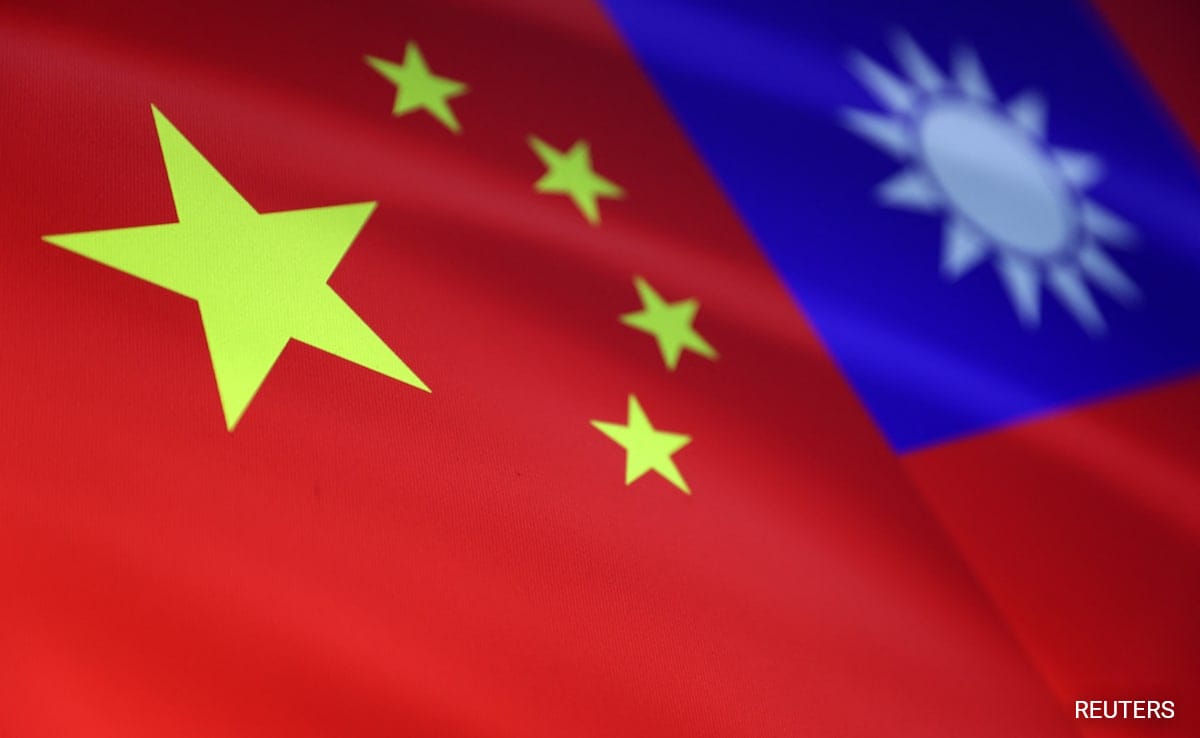Communist China has in recent years ramped up military pressures on Taiwan.
Taiwan's presidential candidates clashed on Saturday over their positions on the self-ruled island's relations with China, in a debate before an upcoming vote closely watched from Beijing to Washington.
Democratic Taiwan is two weeks from the pivotal election, the results of which could determine Taipei's future ties with an increasingly bellicose China.
Beijing claims Taiwan as part of its territory, has vowed to take it by force if necessary, and has halted high-level communications with the administration of Taiwanese President Tsai Ing-wen.
Her Democratic Progressive Party has largely campaigned on a platform of sovereignty separate from China, and DPP's candidate, Vice President Lai Ching-te, has described himself as a "pragmatic worker of Taiwan independence".
During the televised debate, his opponents attacked him repeatedly, saying that his pro-independence remarks would "undermine Taiwan's security".
Lai responded: "The sovereignty of Taiwan belongs to the 23 million people in Taiwan. It does not belong to (China)."
He added that he and his running mate, Hsiao Bi-khim, were the only candidates who "can stand together with our democratic allies".
Communist China has in recent years ramped up military pressures on Taiwan, sending in daily warplanes around the island as well as naval vessels.
It has also run two massive military drills -- which coincided with Taiwanese leaders meeting with Washington officials -- that simulated a blockade of the island.
In the debate, Lai also accused Hou Yu-ih, the candidate for the Kuomintang (KMT) party -- which is regarded as having closer ties with Beijing -- of being pro-China.
"I will not go backwards (to the past) like the Kuomintang and be willing to become a vassal of totalitarianism... There are so many uncertainties regarding their policies and this is not the path we want to take," Lai said.
Hou accused Lai of "smearing" him.
"Communication and exchanges (with China) is what we need to do. Because you didn't do that, that's why we see great danger across the Taiwan Strait," Hou said.
He also repeated his opposition to Taiwan's independence as well as China's "one country, two systems" policy -- a doctrine that Beijing has touted for the governance of Chinese administration regions Hong Kong and Macau.
(Except for the headline, this story has not been edited by NDTV staff and is published from a syndicated feed.)






Leave a Reply